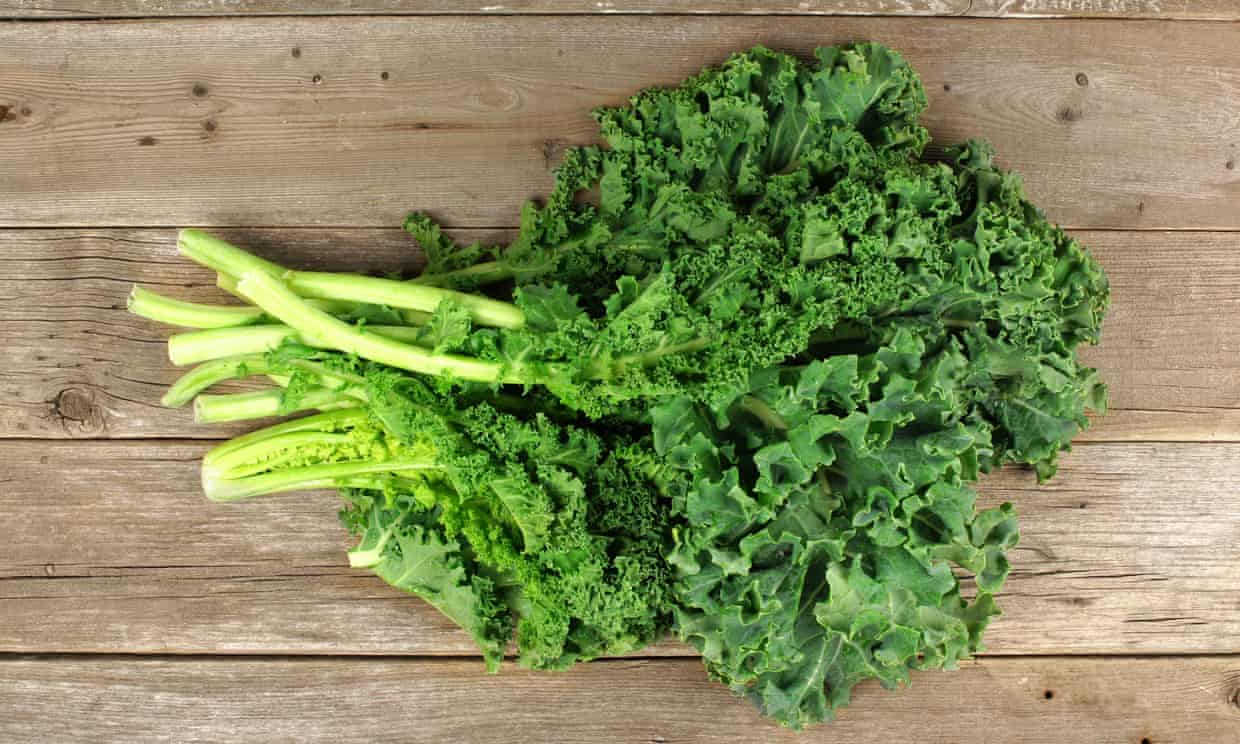
Seven out of eight US kale samples recently tested for toxic PFAS “forever chemicals” contained high levels of the compounds.
The testing looked at conventional and organic kale bought at grocery stores across the country, and comes after Food and Drug Administration analyses conducted between 2019 and 2021 found no PFAS contamination.
The findings “stunned” researchers who expected to find low levels of the chemicals, said Robert Verkerk, founder of the Alliance for Natural Health non-profit, which produced the paper.
“It’s pretty scary and there’s no easy solution,” he said, adding that the findings highlight the need for the FDA to implement a more robust PFAS testing program for the nation’s food supply.
PFAS are a class of about 15,000 compounds typically used to make products across dozens of industries resistant to water, stains and heat. They are called “forever chemicals” because they do not naturally break down, and are linked to cancer, kidney disease, liver conditions, immune disorders, birth defects and other serious health problems.